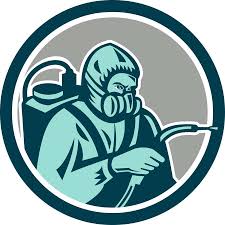September to December is considered the typical bee swarming season in Melbourne, Victoria. It is during this time of the year, the bees start gathering pollens to feed and store for the approaching winter season. During this time, the hive becomes overcrowded and splits into two groups. While the mother queen and a part of worker bees leave the parental nest to establish a new colony, the young queen and the remaining workers stay behind to look after the existing group.

Until the new swarm finds a comfortable space to call home, they wait in a tree branch. In the meanwhile, a few hundreds of scout bees explore in search of a permanent nesting place. This action puts many homeowners in Melbourne at the risk of getting unwanted beehives on their properties.
What To Do To Protect Your Home From Unwanted Beehives?
Seal All Points Of Entry:
Bees are capable of entering any structure that contains a hole or gap of a quarter-inch. One of the most common bee prevention techniques is to seal off all the potential point of entry with durable materials such as caulk and metal screens. By doing so, you can make scout bees and the swarm to move to another location. Remember that once you have swarm on your property, you would not have enough time to seal off the entry points, so act quickly to prevent their entries.
Clear Off Clutters And Old Hives:
If your home had a problem with bees in the past or you have a honeycomb anywhere in your property, it could attract the newcomers and provide enough shelter for them to thrive. So, it may be necessary to remove the old hives completely before the bees start to nest. Also, make sure that you remove all outdoor clutters, unused appliances and other unwanted equipment found in your yard as they can attract bees.
Call The Experts:
If you suspect that your home is vulnerable to bee infestation or you already have bees nesting in your property, feel free to call bee control melbourne experts of Bees Removal Melbourne. We will evaluate the situation and recommend the best solution for your bee infestation problem. For more details, call 03 9021 3752 and talk to our pest control team today.



